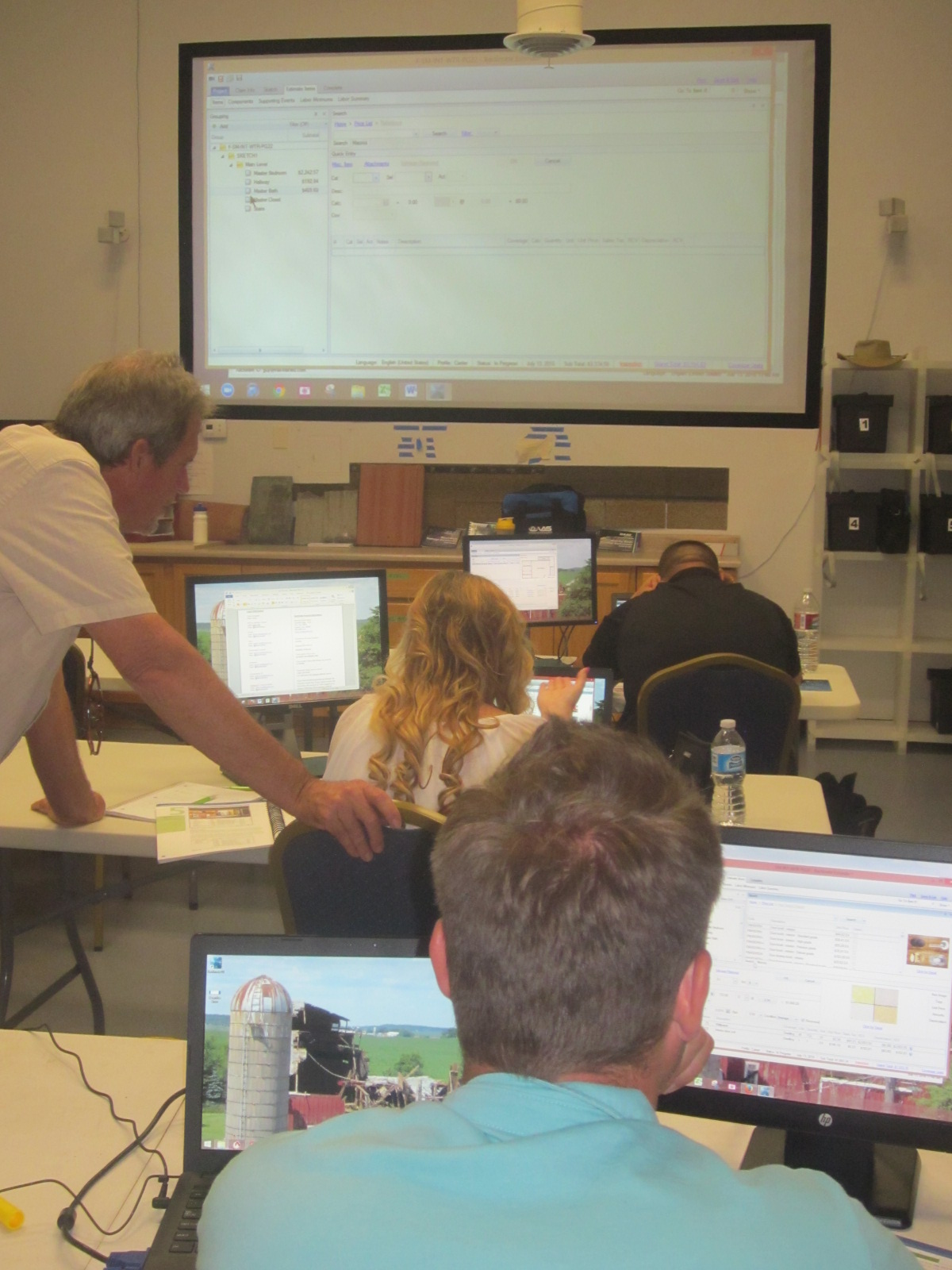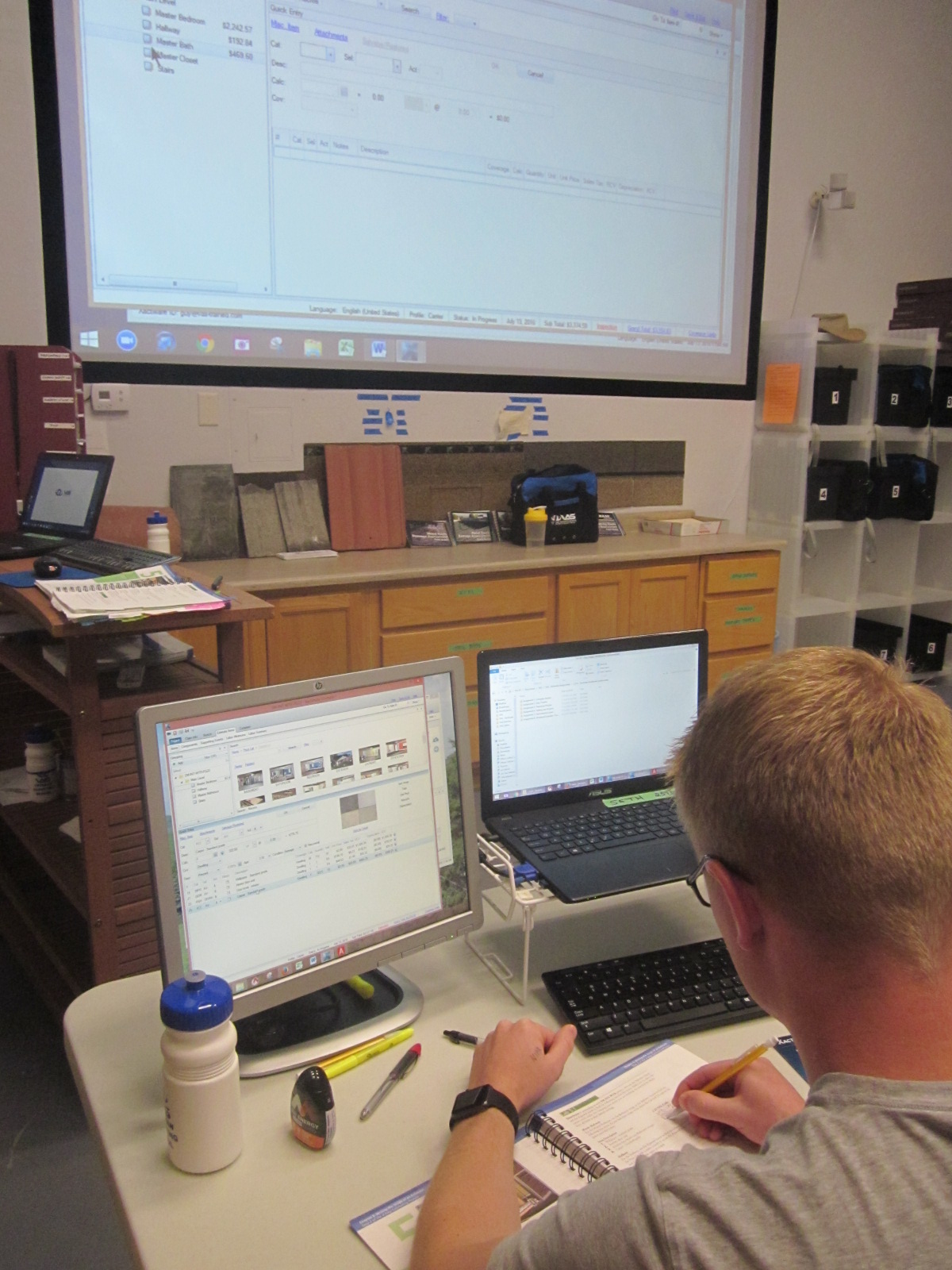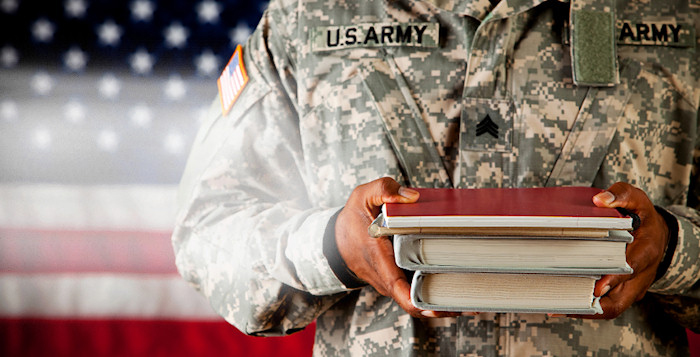Catastrophe Adjuster Trade School
Catastrophe Adjuster Trade School
Are you looking for the right catastrophe adjuster trade school? How about a school that has over 95% job placement in the adjusting field? Then you might want to check out (VAS) Veteran Adjusting School. VAS is a fully comprehensive and interactive insurance adjuster training program that produces high-quality catastrophe adjusters and connects the graduate with insurance industry partners for job placement.
Although graduates will be fully capable of running day claims, VAS concentrates on teaching CAT adjusting because it can be the most rewarding. Some of the benefits to catastrophe adjusting include:
- High earning potential – Catastrophe adjusters typically make between $70k – $100k in 6 – 9 months.
- Helping people – CAT adjusters are able to help people who have been affected by a catastrophic event get the compensation they need to rebuild.
- Recession proof – The United States has more natural disasters every year than any other country. As long as there are major storm events, insurance agencies will need CAT adjusters.
- Self Employed – Catastrophe adjusters are independent contractors for the insurance agencies they represent. They can pick and choose what storms they go out on and make their own hours.
VAS
Veteran Adjusting School is a 6-week course that puts the student right in the middle of the action with on-site real-world storm simulations. The student will experience what it’s like to be in the field as they perform their inspections with the assistance of a mentor. The catastrophe adjuster trade school program has graduates field-ready to run claims on day one.
Veteran Adjusting School students are taught in a variety of ways. The classes are presented in the form of interactive lectures, audio and visual aids, field assignments, student participation, problem-solving, demonstrations, labs, and homework.
The reason VAS has such a high success rate is because they aren’t looking for students, they are looking for commitment. In order to be successful in the field a CAT adjuster must be organized, self-motivated, dedicated, and hardworking.
CAT adjusting is a rewarding career, but it isn’t for everyone. Do you have what it takes?





